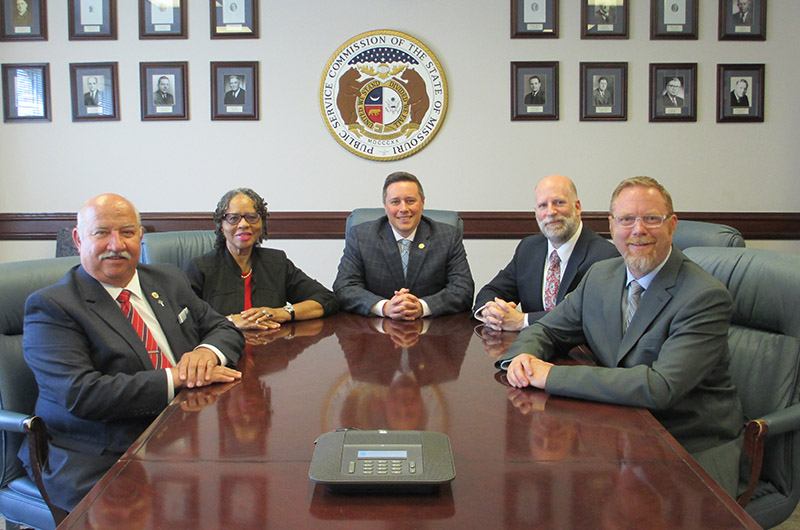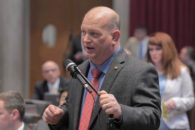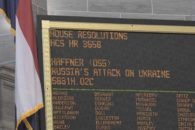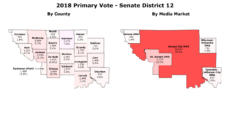JEFFERSON CITY, Mo. — After nearly a year of deliberation, Missouri’s Public Service Commission (PSC) approved Spire Missouri’s general rate case — though the impact on customers has yet to be seen.
Spire filed its request in December, seeking an average rate increase of $3.28 per month for each customer, allowing it to recoup $64 million in expenses and invest in environmental and customer-focused initiatives. This would be the first regular rate increase since 2017.
However, although the rate increase was approved Wednesday, the final numbers were not immediately available. Both Spire and the PSC said they are working together on the issue.
“Spire Missouri is analyzing the order from the Missouri Public Service Commission to better understand how their final report will impact our customers,” spokesman Jason Merrill told The Missouri Times. “We’ll be working with PSC Staff in the coming days to quantify the impacts of the commission’s decisions and determine how best to implement them.”
The PSC, Staff, and the Office of Public Counsel (OPC) deliberated on the request and surveyed Spire’s records in the months before the commission finally approved the order during this week’s agenda meeting.
Disputes resolved in the final order included Spire’s proposed replacement of its biannual weather normalization adjustment rider (WNAR) with a rate normalization adjustment rider (RNA), which would account for economic factors beyond weather.
Spire and commission Staff each submitted a proposed RNA, with the Office of Public Counsel (OPC) suggesting changes to the existing WNAR mechanism to simplify it. The commission went with OPC’s recommendation, ordering Spire to file its WNAR annually rather than biannually and to request tariff changes at least 60 days before their effective date. This was among a myriad of compromises between the parties.
“There were many issues that were initially in dispute, but the parties were able to work together and resolve them, so I appreciate the work of the parties to come together on those agreements,” PSC Chair Ryan Silvey said.
Other business
Commissioners ordered Ameren Missouri, Evergy Metro, and the Empire District Electric Company to address contemporary issues in their next integrated resource plan (IRP) filings. Companies will address their responses to potential heat deserts in their service areas and plans to retire coal plants through securitization, which allows companies to recover the cost of transitioning to clean generation by issuing bonds pending PSC approval.
The commission also approved Ameren’s Missouri Energy Efficiency Investment Act (MEEIA) plan, which was set to expire next year, through 2023. Ameren’s third cycle plan includes various energy efficiency programs, including a Pay As You Save program allowing utilities to invest in upgrades to customer meters through a charge on that customer’s bill. The interest will drop from 4 percent to 3 percent as part of the order.
Summit Natural Gas was allowed to extend its equipment rebate program pilot (which was set to end on Dec. 31) through the end of 2024. The program provides rebates for customers using energy-efficient heating equipment. Participants also receive water kits as part of the program.
OPC sought a rehearing in the commission’s order altering the connection time and funding percentage requirements for applicants seeking to connect to an extension of its water main in Cottleville through Missouri-American Water Company. The order, handed down earlier this month, altered Missouri-American’s existing tariff.
OPC argued the decision was beyond the scope of the commission’s authority, and commission Staff recommended the PSC reconsider its action. A procedural conference was scheduled for Nov. 10 to kick off the commission’s reevaluation of the case.
The next PSC agenda meeting is scheduled for Nov. 3.

Cameron Gerber studied journalism at Lincoln University. Prior to Lincoln, he earned an associate’s degree from State Fair Community College. Cameron is a native of Eldon, Missouri.
Contact Cameron at cameron@themissouritimes.com.

































